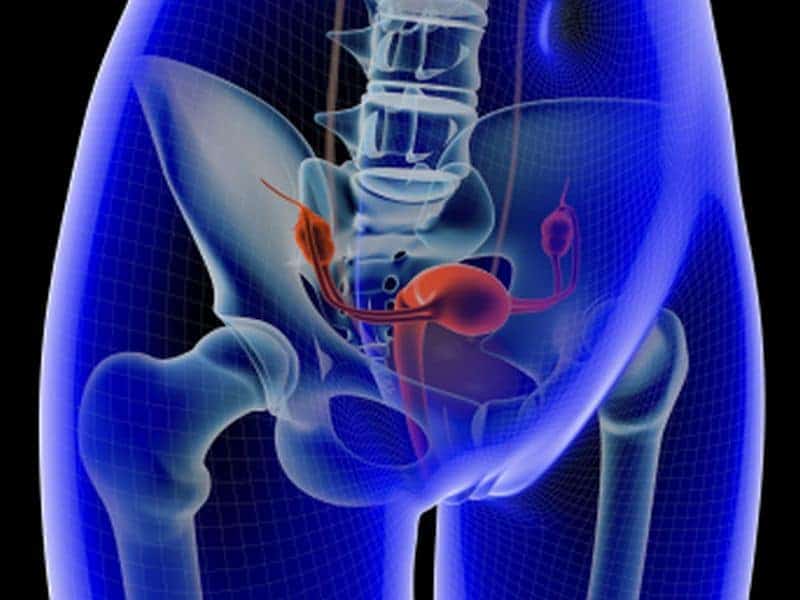WEDNESDAY, May 29, 2019 (HealthDay News) — Hysterectomy-corrected uterine cancer incidence rates show that nonendometrioid carcinoma rates have been increasing among all women, according to a study published online May 22 in the Journal of Clinical Oncology.
Megan A. Clarke, Ph.D., from the National Cancer Institute in Rockville, Maryland, and colleagues calculated hysterectomy-corrected age-standardized uterine corpus cancer incidence rates from 2000 to 2015 from the Surveillance, Epidemiology, and End Results database in 18 population-based registries.
The researchers found that non-Hispanic whites and blacks had similar hysterectomy-corrected incidence rates of uterine corpus cancer, while the rates were lower among Hispanics and Asian/Pacific Islanders. Non-Hispanic whites had the highest endometrioid carcinoma rates, while non-Hispanic blacks had the highest nonendometrioid carcinoma and sarcoma rates. From 2003 to 2015, hysterectomy-corrected uterine corpus cancer increased among non-Hispanic whites, while an increase was seen in non-Hispanic blacks, Hispanics, and Asian/Pacific Islanders from 2000 to 2015. In 2007, overall incidence rates among non-Hispanic blacks surpassed those of non-Hispanic whites. Endometrioid carcinoma rates increased among non-Hispanic blacks, Hispanics, and Asian/Pacific Islanders; nonendometrioid carcinoma rates increased significantly among all women. The lowest survival rates were seen for non-Hispanic blacks, regardless of stage at diagnosis or histologic subtype.
“Our findings show profound racial differences and disparities with respect to subtype-specific incidence and survival, indicated by the higher burden of nonendometrioid subtypes and poorer survival irrespective of stage or histology among black women, suggesting a combination of biologic and care-related factors,” the authors write.
Several authors disclosed financial ties to the pharmaceutical industry.
Copyright © 2019 HealthDay. All rights reserved.



